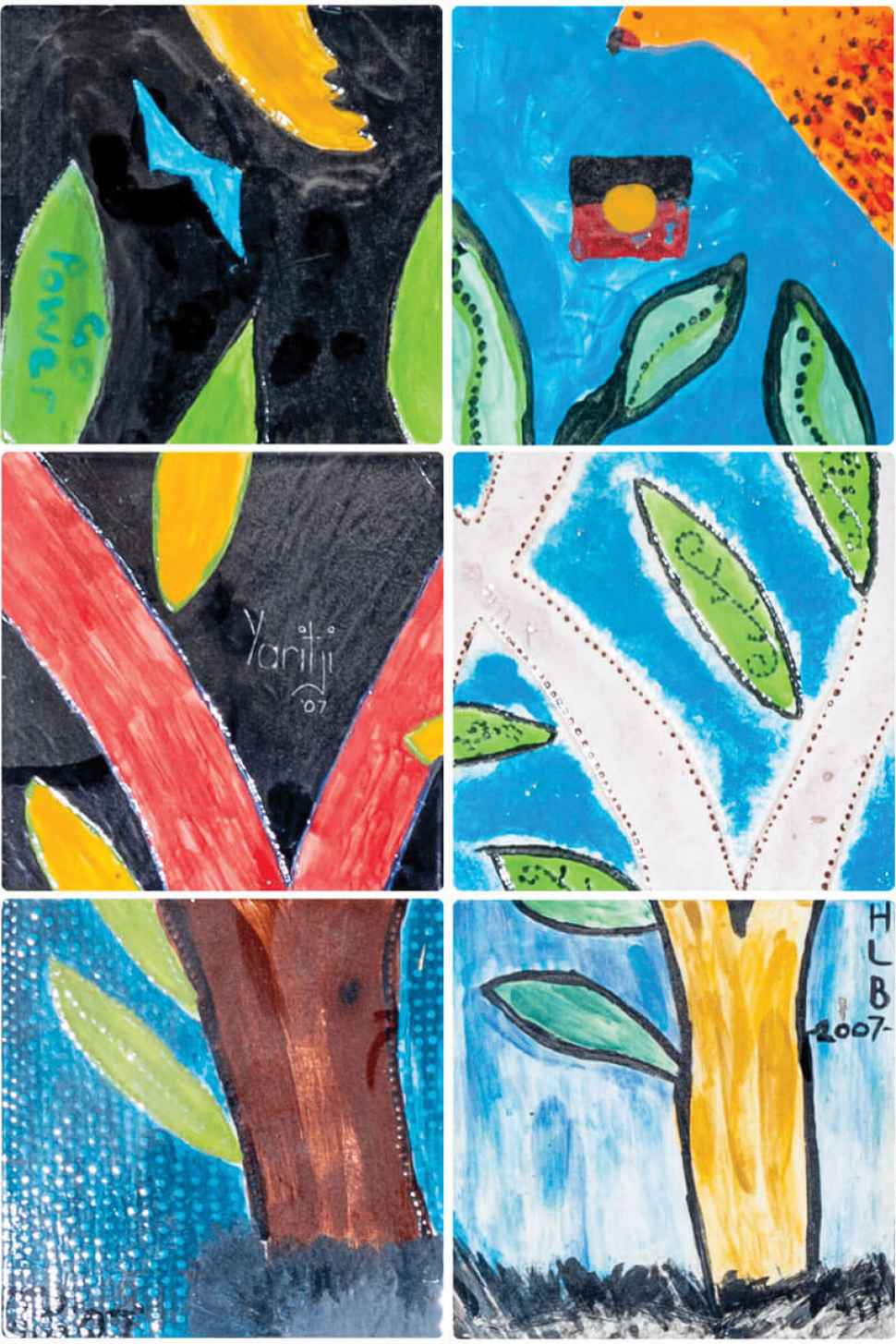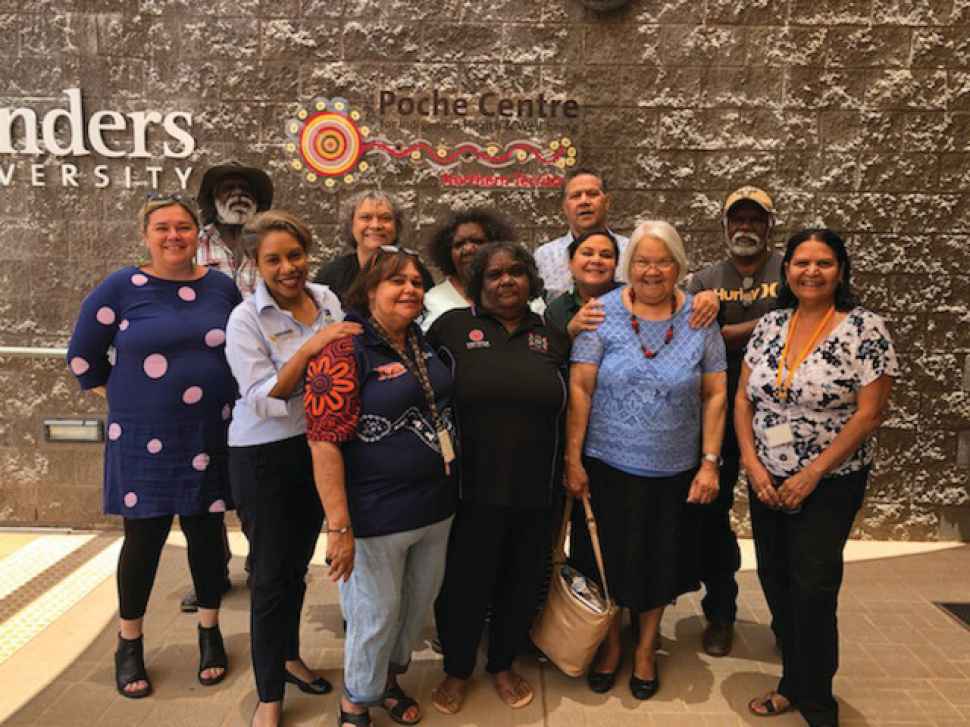Our path to Reconciliation
John Kundereri Moriarty AM was the first Aboriginal person to graduate from Flinders University in 1971. Over the past five years Indigenous student enrolments have grown by 38% to 362 enrolments in 2018, of which seven Indigenous PhD students and 24 Medical Doctors (in the past five years) have graduated.
In 1990 the University established its first Aboriginal Support Program1, which became the Yunggorendi2 Indigenous Education Program in 1994. Since then the program has evolved in size and remit to become the Office of Indigenous Strategy and Engagement3 (OISE), led by a senior academic as Dean, Indigenous Strategy and Engagement. OISE provides strategic leadership for the University including Aboriginal and Torres Strait Islander perspectives in programs, recruitment and support of Indigenous students, the recognition of Indigenous knowledges and perspectives, the promotion of teaching and research in Indigenous studies, and the employment of Indigenous staff.

Indigenous academics within Yunggorendi First Nations Centre for Higher Education and Research (restructured into the Office of Indigenous Strategy and Engagement) have worked in partnership with and delivered Indigenous Studies and Education topics into Education and Humanities degree programs for over two decades.
In 2012 Yunggorendi was awarded an Office for Learning and Teaching, Citation for Outstanding Contributions to Student Learning, For sustained, dedicated, inspirational and far-reaching contributions to the education of preservice teachers of Indigenous students in compulsory topics in the School of Education. These programs have been led by Indigenous academics and have provided core curriculum to Education students and Social Work students at the university.
In its 2010 – 2014 Strategic Plan Inspiring Flinders Future, Flinders University committed to a vision of cultural inclusivity for Aboriginal and Torres Strait Islander peoples, with an aim to increase the prominence and status of Indigenous cultures, knowledge and studies. Increasing the participation of, and opportunities for, Indigenous staff and students was a core part of this vision.
In the subsequently refreshed Strategic Plan 2012-2016 4 the University committed to implementing the Flinders Indigenous Engagement Framework (FIEF) to meet these objectives.
Flinders University adopted the FIEF in 2013 which provided a mechanism for enabling the University community to be responsible for Indigenous engagement. The framework acknowledged the comparative levels of disadvantage experienced by Indigenous Australians in their living standards, life expectancy, education, health and employment and was based on three underlying principles:
- Recognition and respect for Indigenous peoples, knowledges and cultures;
- Integrated, university-wide strategies, policies and programs; and
- High expectations with clear goals.
With the University endorsement of the FIEF, Flinders University also recognised the 2007 United Nations Declaration on the Rights of Indigenous Peoples5, in particular Article 15 “Indigenous peoples have the right to the dignity and diversity of their cultures, traditions, histories and aspirations which shall be appropriately reflected in education and public information.” 6
The Flinders University Poche Centre for Indigenous Health was established at Bedford Park in 2011, followed by nodes in Alice Springs in 2012 and Darwin in 2016. The Poche Centre is dedicated to developing Aboriginal and Torres Strait Islander leaders and building the health workforce.
In the same period Flinders University developed an Indigenous Workforce Strategy 7 with the aim to deliver sustainable employment and economic engagement opportunities for Indigenous people at the University. In April 2019 this was updated.

Flinders University staff and community Elders at the Flinders University Poche Centre for Indigenous Health in Alice Springs. Back left to right: Ali Baker, Mervyn Penangke Rubuntja, Barbara Richards, Theresa Penangke Alice, Shane Mohor, Andrew Kemarre Davis, Maree Meredith, Kath Martin, Amelia Kngwarreye Turner, Simone Tur, Pat Miller, Renelle Davis.
The University’s current Strategic Plan, Making a Difference - The 2025 Agenda 8, launched in March 2016 outlines our commitment to: engaging with Indigenous Australians, students, staff and the community, respecting Indigenous knowledge systems and perspectives and progressing Indigenous advancement in education, research, employment and wellbeing. Our Values and Ethos statement commits the University through the Core Value of Integrity 9 to “Championing diversity and equality of opportunity, respecting peoples from all nations, cultures, and backgrounds”. Requiring our institution to “embrace diversity and promote equity, inclusion and social responsibility”. In line with this value, The 2025 Agenda puts People and Culture as the first of four pillars on which it is based.
The year of 2016 was a significant milestone for the University as it celebrated it 50th anniversary. To commemorate this occasion the University was gifted Kaurna words and knowledge statements by Kaurna Elder Uncle Lewis Yarluburka O’Brien, and the Kaurna Warra Pintyanthi Language Committee 10.
In receiving this cultural gift, Flinders University has acknowledged that its physical location at Bedford Park holds great cultural significance to the Kaurna people with a deep and long history of place. These Kaurna sentiments are publicly inscribed in the physical landscape of the University in the heart of the Bedford Park campus.
In 2017 Flinders University, along with all universities in Australia, committed to implement the Universities Australia Indigenous Strategy 2017-2020 11.
In 2018 Flinders University first registered its intent with Reconciliation Australia to develop a Reconciliation Action Plan.
In 2019 the University provided greater focus for Indigenous leadership within the University by replacing the Dean Indigenous Strategy and Engagement with its inaugural Pro Vice-Chancellor Indigenous.
1 Established through the Commonwealth equity grant funds through the Language and Learning Unit for Indigenous Students
2 Yunggorendi is a Kaurna word meaning “to inform, to communicate, to impart knowledge”
3 Website for the Office of Indigenous Strategy and Engagement (OISE): https://staff.flinders.edu.au/colleges-and-services/oise
4 Strategic Plan 2014-2016: https://issuu.com/flindersuniversity/docs/flindersfuturefocus_strategicplan
5 United Nations Declaration on the Rights of Indigenous Peoples accepted and adopted by the Government of Australia in 2009
6 United Nations Declaration on the Rights of Indigenous Peoples: https://www.un.org/development/desa/indigenouspeoples/wp-content/uploads/sites/19/2018/11/UNDRIP_E_web.pdf
7 Flinders University Indigenous Workforce Strategy: https://www.flinders.edu.au/content/dam/documents/jobs/indigenous-workforce-strategy.pdf
8 Flinders University strategic plan Making a Difference – The 2025 Agenda: https://www.flinders.edu.au/about/strategy
9 Flinders University Core Values and Ethos statement: https://www.flinders.edu.au/about/strategy/values-ethos
10 Gift of Words: https://www.flinders.edu.au/about/indigenous-commitment
11 Universities Australia Indigenous Strategy 2017-2020 https://www.universitiesaustralia.edu.au/policy-submissions/diversity-equity/universities-australias-indigenous-strategy-2017-2020/

RAP Co-Chair
Professor Jonathan Craig
Vice President and Executive Dean
College of Medicine and Public Health
E: cmph.vped@flinders.edu.au
T: 08 8201 7672